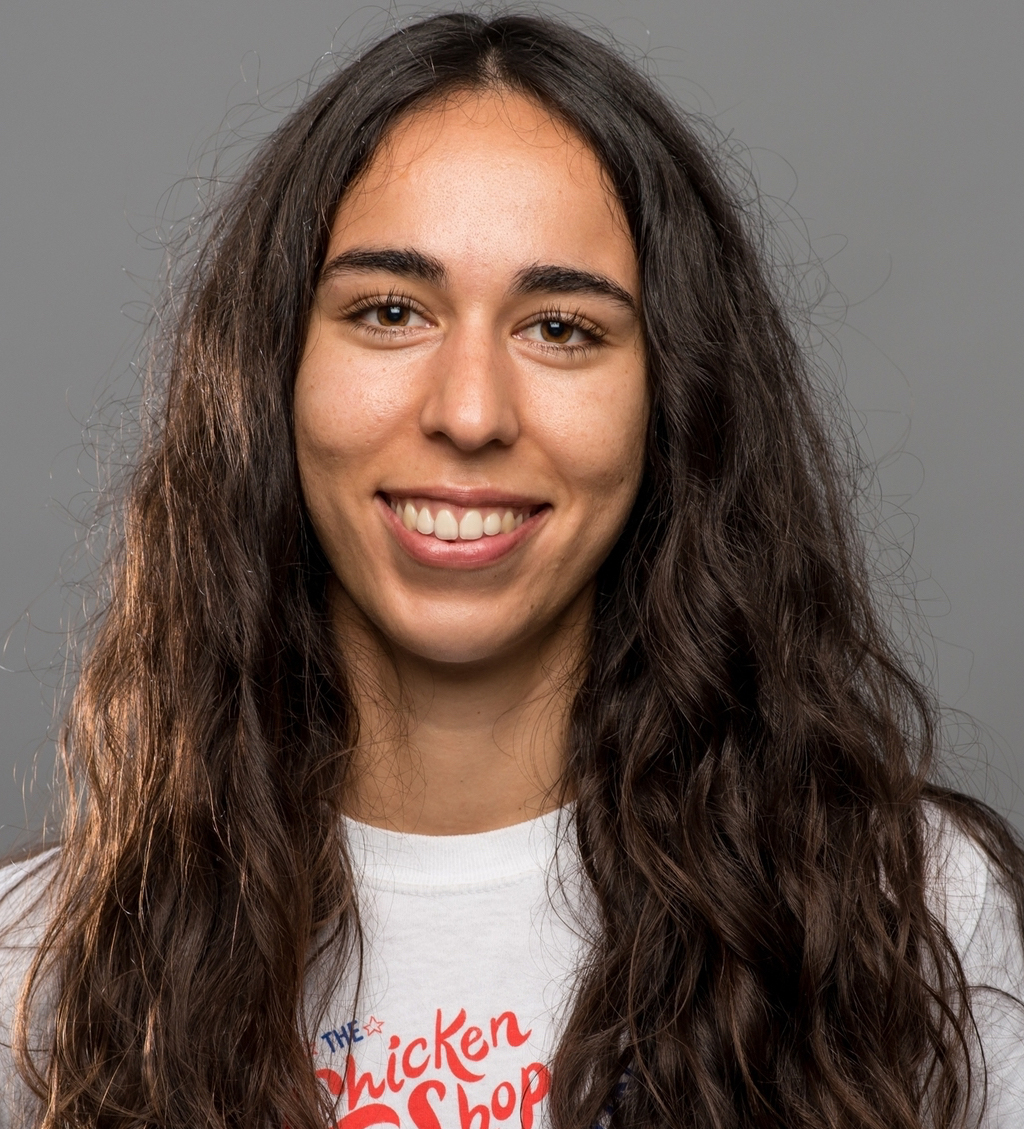As worker co-ops develop or grow, what challenges can this present in terms of engaging with members or clients, to ensure that its founding co-op ethos is effectively communicated and maintained? We speak to Kayleigh Walsh from Outlandish – a co-op of collaborators and co-owners who build digital applications, which is one of the rising stars of a new generation of young co-operatives.
Has the growth of Outlandish made engagement with members more difficult?
We haven’t ever been huge, but last year we did get to about 30 people invoicing us, which is the biggest we’ve been. It did change the feel of the co-op – there were more people because we had a lot of work on, which is good! But it also means there was a bit less familiarity among the team, and our culture is really important to us. We think there’s a lot of trust required in a worker co-op, and inevitably when there are more people, the environment changes slightly.

In terms of engagement with members, it hasn’t really affected us because at most there have only been nine, but we recognise that Outlandish relies on more than just nine people to be the success that we are today.
The point here is that we don’t want to grow, we just want to work with nice people and deliver things that they need which contribute positively to the world. That’s our aim, rather than growth or hitting specific financial targets or taking on Google. It’s just not our bag.
What practical challenges have there been? How have these been dealt with?
As a small business, we need to be efficient and capable of delivering more work when there is demand. Our business structure means that we’re three concentric circles consisting of freelancers and members, so when we need to scale up, we can call on people with relevant skills from our network who have the opportunity to work with us over the short or long term.
We’ve experienced the challenge of having more work on than the team are capable of delivering, so in response to that, we set up CoTech – a network of digital co-ops in the UK. It covers more or less everything you need for a successful digital project, and it means that we can scale up without the overhead of recruitment and deliver high quality and valuable work through collaborating with other experienced co-ops. In turn we’re supporting the longevity of other digital co-ops, because we’re sharing the work and practising collaboration and skill sharing, as well as showing solidarity.
Lots of people assume that we want to be really big, but we don’t. We have an agreement that we won’t be more than 20 members. We think there’s a lot to be said for smaller co-ops with defined expertise who are open to collaboration, rather than a huge organisation that seems to do everything … albeit not very efficiently. This also means that we offer high value and quality work to our clients i.e. we’re cheaper than corporate agencies because of the reduced overhead and profit extraction, which is really important to us (and really, that should be what every organisation aims to do).
Have new measures been put in place as Outlandish gets bigger to maintain the close relationship with its workers (and, indeed, its members?)
We’ve always been quite social, and have a shared lunch paid by Outlandish every Tuesday and Thursday to make sure that we look after the human side of our co-op. Outlandish started around a kitchen table so even though we’re in an office, we still like to have a good meal and chat.
We wholeheartedly understand and value the importance of culture, so we’ve invested a lot of time and money into training around communication, sociocracy and feeling empowered to speak up when things aren’t right. We know that there’s no point delivering work and focusing on commercial projects if we’re not taking care of the internal well-being and happiness of our workers – without them Outlandish doesn’t exist.
With that being said, l don’t want to make it sound easy or perfect. It’s not, but the point is that we’re committed to making it better because we all know it’s worth it.

